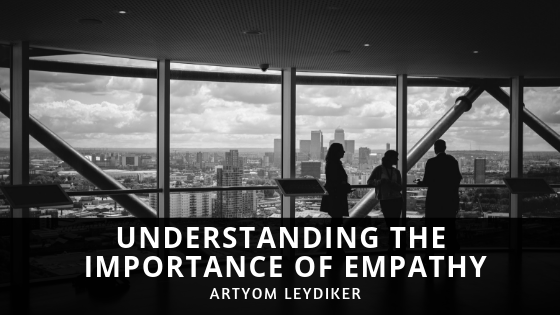A 2018 study by Businessolver on workplace empathy found that 96 percent of employees believed that it was important for employers to demonstrate empathy, while 92 percent felt empathy remains undervalued. The truth is, empathy is actually a critical skill in the workplace. Here are 3 ways that empathy helps create a better work environment for everyone.
Empathy helps boost productivity
Sometimes, no matter how hard you try, you just cannot focus on that email you need to compose. Getting up to go on a brisk walk can actually do far more than continuing to sit there trying to force yourself to work. Open offices in particular can feel like fishbowls where everyone is watching your every move. When you know that your boss and coworkers will understand your need to just go get some fresh air, you are more likely to just do what you need to in order to focus rather than having to worry about how it will look or what everyone else will think.
Empathy helps create success
We all know the pain of failure and the shame that it brings. We also know that when we are already feeling like a failure, the last thing we need is someone pointing it out or piling on. Yet, so many bosses, supervisors and employers seem to feel the need to do just that – as if overemphasizing the mistake will somehow ensure that it will never happen again. In one sense, they are right. The failure will most likely never happen again, but neither will any new innovation either. Empathic people don’t excuse failure, but they do use it constructively to help create different outcomes.
Empathy helps reduce turnover
By now most people are familiar with the concept of ghosting in the dating world, but many might not be aware that it is also on the rise in the workplace. Employees accept jobs and never show up or leave work one day never to return. The truth is, it is unlikely that they just simply decided one day to not show up. They probably thought about it for some time and possibly even tried to talk to someone about their concerns. More than likely there is actually a legitimate reason they left that no one ever truly heard. Employers need to understand that millennials are more likely than any other generation to simply leave workplaces they are not happy with. Empathy involves constant listening and legitimately hearing people’s concerns, even when they are not a formal complaint.
